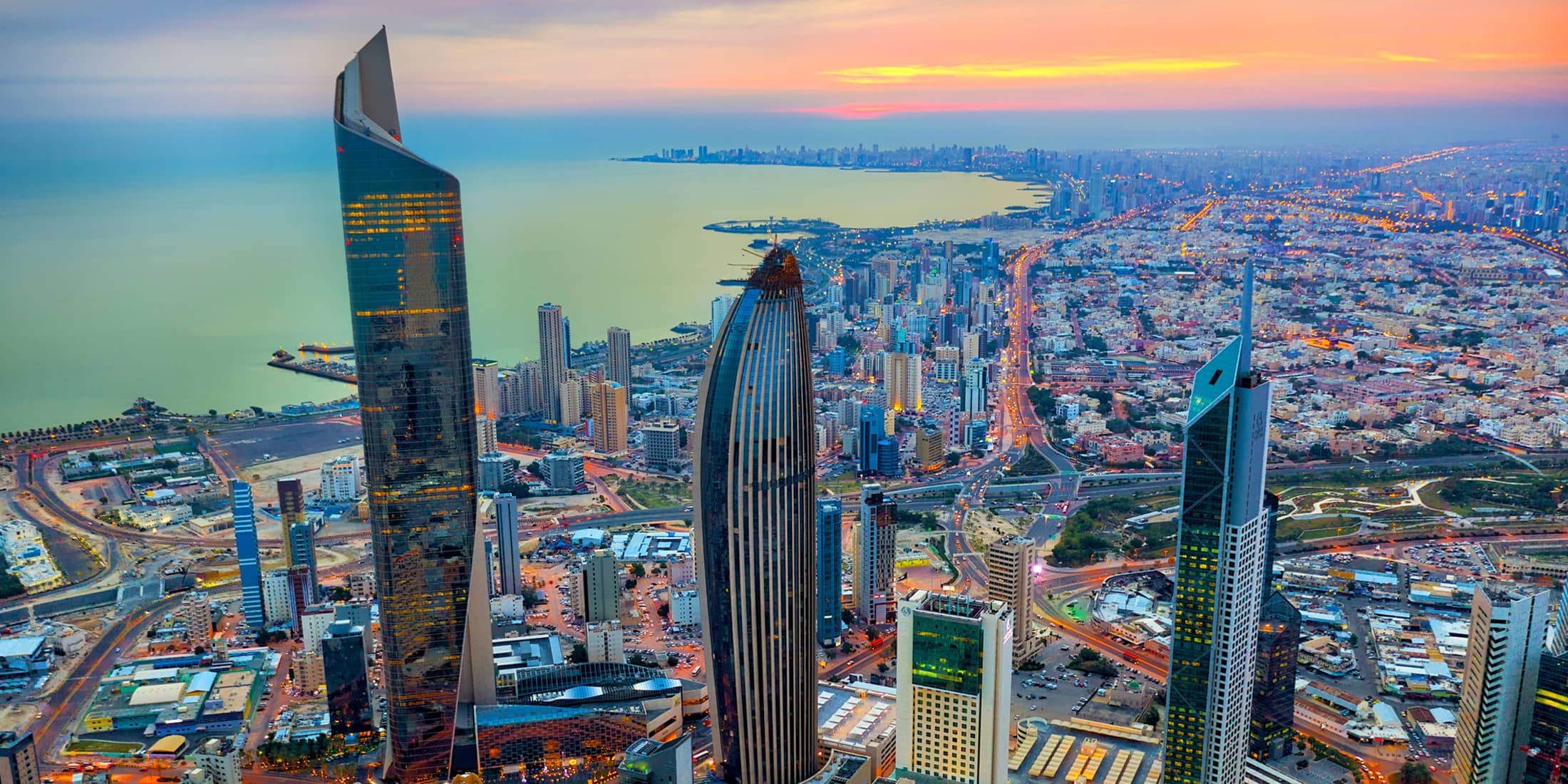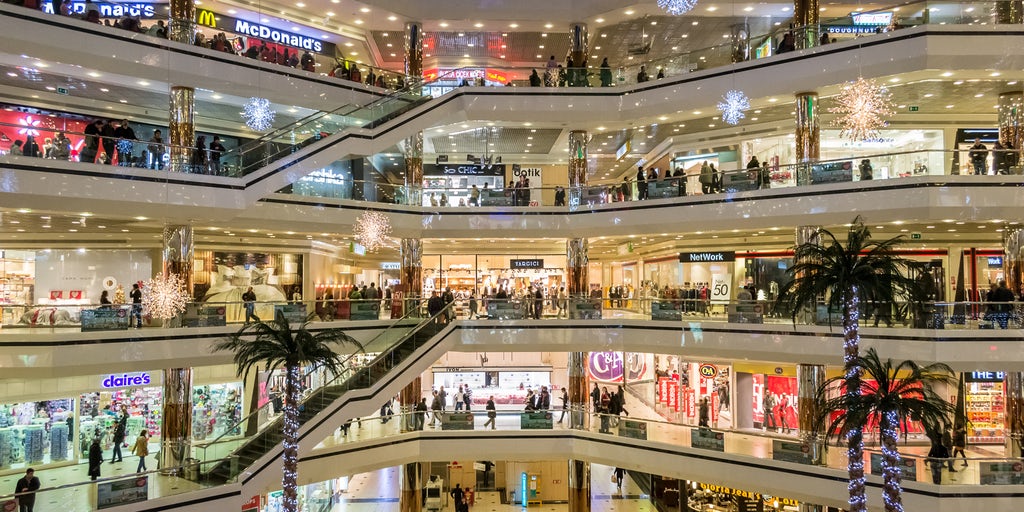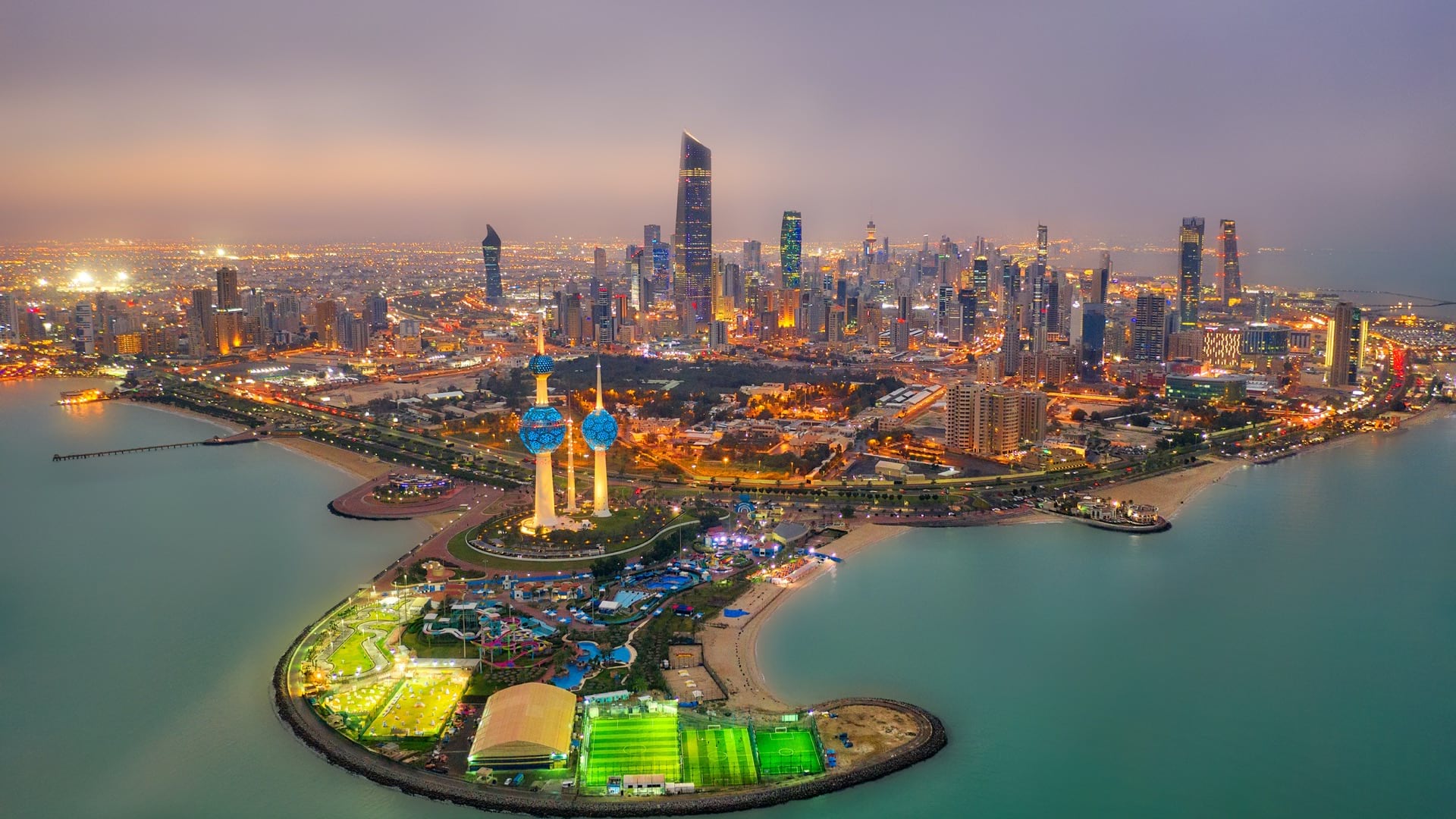Kuwait City is the beating heart of Kuwait, serving as the country’s political, economic, and cultural center. It’s a city where tradition gracefully intertwines with modern innovation, and where glass towers rise beside historic landmarks that tell the story of an ever-evolving nation. The rhythm of life here feels different from that of other Gulf capitals—it’s modern and ambitious, yet deeply respectful of its roots.
Tourism in Kuwait primarily comes from neighboring Gulf Cooperation Council (GCC) countries, thanks to easy visa access and convenient transportation. However, visitors from Europe, Asia, and the Americas are increasingly drawn to this destination for its unique combination of heritage and sophistication. The top places to visit in Kuwait City mirror the style of other Gulf cities such as Dubai, Doha, or Abu Dhabi, yet there’s something distinctly authentic about Kuwait’s version of modernity.




